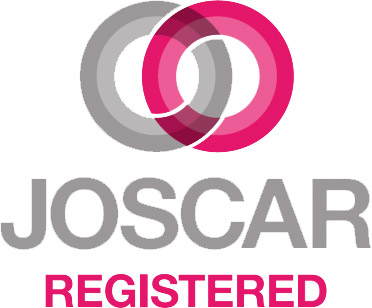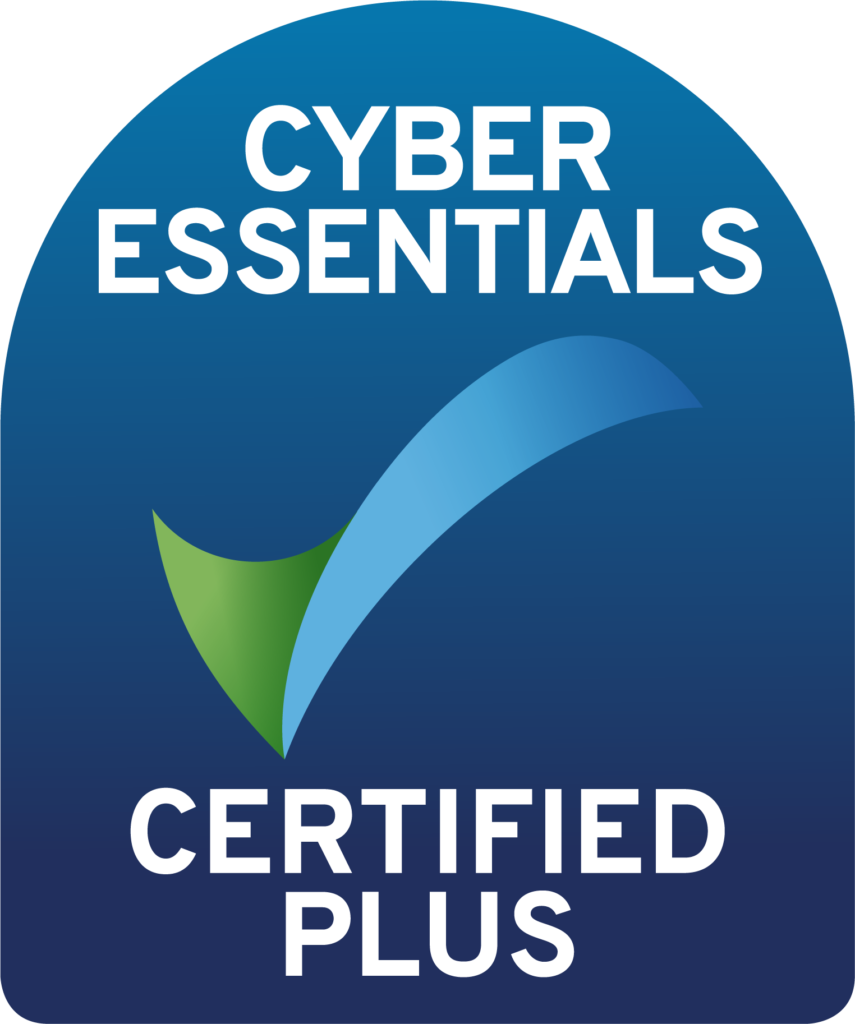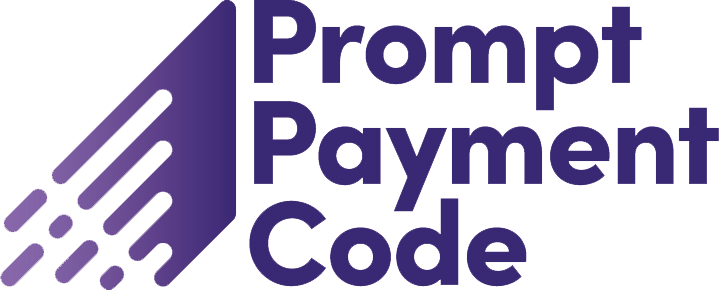A recent need to remove a large wasp nest from our awkwardly-shaped loft highlighted the value of having a strong network. Finding someone we could trust to leave in our house and do a good job turned out to be relatively easy. A couple of calls to friends and other contacts in our village and we had a name. Job done!
In business, it’s not always so easy.
Why we put community at the core
At Risk Decisions, we’ve always enjoyed bringing together like-minded people to share experiences, and lessons, and help each other find solutions to challenges. There is a huge wealth of knowledge in our risk community that we want to share amongst everyone. It means our customers and partners can build their own support systems, and go on to collaborate and strengthen their eco-systems.
What it is and isn’t
It’s about building trust and confidence so that people develop mutually beneficial relationships. It isn’t about collecting LI connections or business cards, but about developing meaningful relationships in which both parties stand to benefit.
Let everyone share and participate
During our annual community events we focus on giving people time to share their experiences and to get to know each other well. Whether they’re a newbie or a risk leader. So, the night before we usually arrange an activity. It’s an opportunity to do something interesting or fun together. Their authentic selves shine through and that’s when real, genuine connection happens. So, everyone relaxes and opens up in the seminar.
Our events always start with extended introductions. We encourage people to share a current risk challenge or a lesson they can share. For example, at our Toronto seminar in May a common thread was the importance of soft skills to risk leads. At our Munich event in April, the main theme was getting senior management engagement. People found it reassuring to know that they weren’t the only one struggling with a problem; this was almost as important as finding a solution. Sharing builds stronger relationships too.
Timeout over lunch and tea breaks encourage people to chat about what they’re doing and to find out how they can help each other become better, more effective risk managers or leads.










